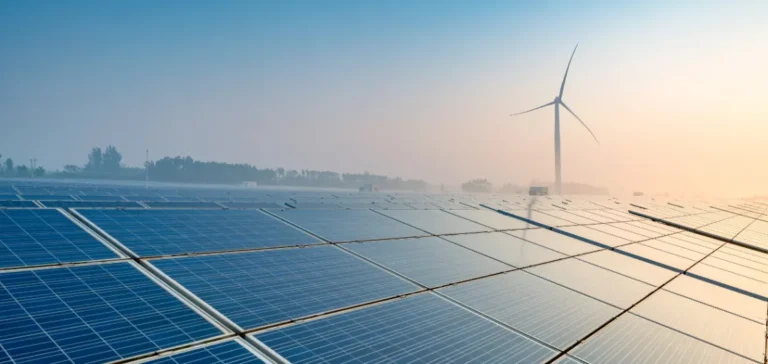Global South Utilities, a subsidiary of Emirati investment company Resources Investment, has announced an energy infrastructure programme in Yemen worth $1 billion (EUR866mn). The initiative, presented at the National Energy Conference in Aden, aims to develop renewable generation capacity, modernise distribution networks and increase energy resilience in several parts of the country.
Portfolio focused on solar, wind and storage
The plan includes the construction of solar and wind power plants, along with the deployment of battery energy storage systems (Battery Energy Storage System – BESS). The technical rollout will be supported by upgrades to distribution infrastructure to integrate the new capacity into the existing grid. The project forms part of a broader regional development strategy led by Global South Utilities across the Global South.
This portfolio complements existing projects in the country. The company has completed the Shabwa solar power plant, which is now operational and able to supply electricity to around 330,000 households. A second phase of the Aden solar power plant is scheduled for 2026, with a projected energy output to serve 687,000 homes.
Strategic positioning by the United Arab Emirates
By investing in areas with high demand and low energy access, the United Arab Emirates is consolidating its position in the energy diplomacy sector. Based in Abu Dhabi, Global South Utilities acts as the operational arm of this strategy through the development of critical infrastructure in constrained development markets.
The company’s Chief Executive Officer, Ali Alshimmari, stated that the objective is to “build resilient grids based on clean energy solutions, while establishing a long-term technology integration platform”. No details were provided on industrial partners or project timelines.
Regional influence reinforced through infrastructure
The expansion of energy projects by Global South Utilities in Yemen illustrates a geopolitical consolidation approach through investment in essential sectors. The use of renewable technologies in a context of energy reconstruction provides the United Arab Emirates with a tool for stabilisation and influence at the regional level.
The announced energy portfolio supports an active presence strategy in transitioning markets, with no indication of return on investment or contractual model disclosed at this stage.






















